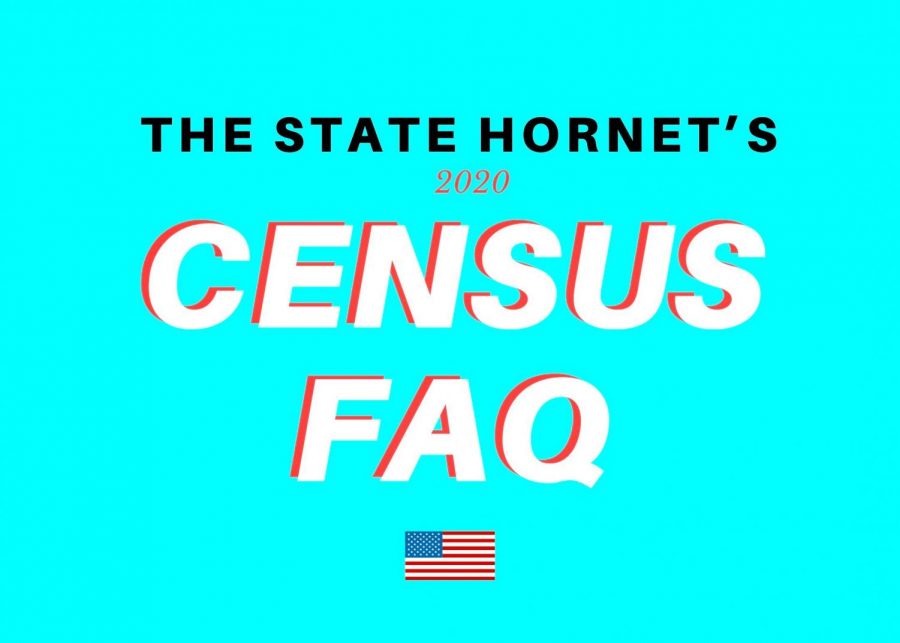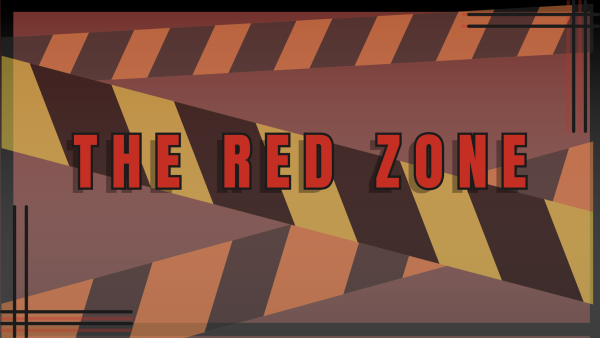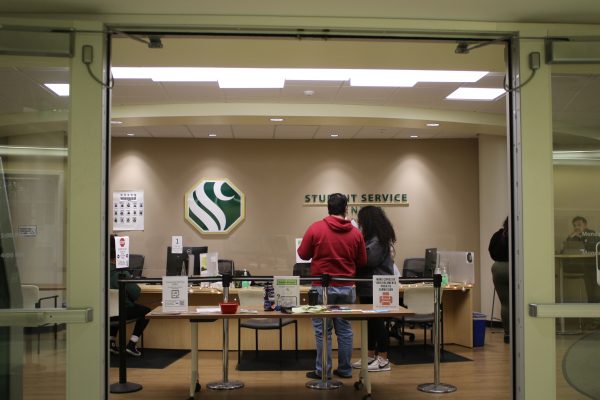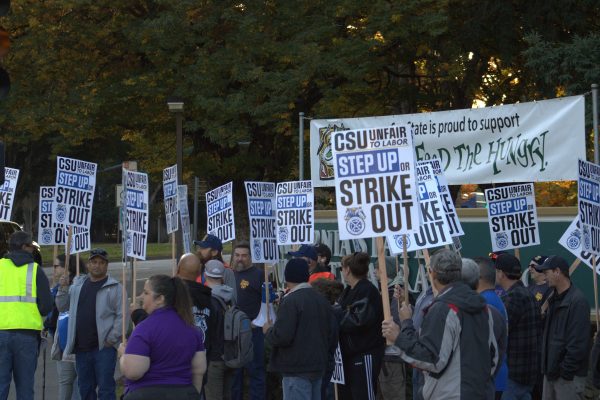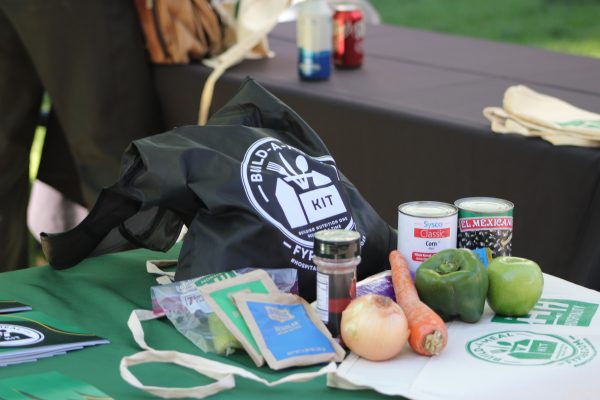FAQ: What is the U.S. Census? Should you participate?
Young adults least likely to be on board with census, sources say
Census Day is observed nationally April 1. The State Hornet has put together an FAQ for commonly asked questions about the census
March 28, 2020
U.S. Census Day will be observed nationally on April 1, and most Americans are invited to participate.
The census is a count of the population conducted by the U.S. Census Bureau, a non-partisan federal agency. The census includes the U.S. and its five territories, and it takes note of every citizen that participates in order to address population concerns and needs, according to the 2020 census website.
The majority of those who feel uncertain about participating in the census are found in Black, Hispanic, and lower income adult populations, according to the Pew Research Center.
The study also shows that young adults from ages 18 to 29 are least likely to be on board and participate in the census. Students can respond to the U.S. Census at their discretion, to promote community awareness in their demographic, class and age group.
Question: What is the U.S. Census?
Answer: The U.S. Census is a count of the population conducted by the U.S. Census Bureau, a non-partisan federal agency, in the U.S. and its five territories. Participation is civilly mandated by the Constitution: Article 1, Section 2, mandates “that the country conduct a count of its population once every 10 years.”
Q: What does the census do?
A: It provides critical data that lawmakers, business owners, teachers, and many others use to provide daily services, products, and support for communities.
Every year, billions of dollars in federal funding go to hospitals, fire departments, schools, roads, and other resources based on census data.
Q: How can I participate in the census? What are the methods of response amid COVID-19?
A: Every household will have the option of responding online, by mail or by phone.
95% of households will receive their census invitation in the mail according to the 2020 census website. By April 1, most homes will have received an invitation to respond.
To respond by phone:
- Call 844-330-2020
- For further instruction and for additional phone numbers that suit your preferred language, check their website here.
To respond online:
- Go to the main website.
- Complete the questionnaire. It takes approximately 10 minutes, but if you leave the page, you will have to start over because it does not save your progress.
The online census provides the questionnaire in English, Spanish, Chinese (Simplified), Vietnamese, Korean, Russian, Arabic, Tagalog, Polish, French, Haitian Creole, Portuguese, and Japanese.
To respond by mail:
- All homes will receive a paper questionnaire if they do not first respond online or by phone
- Fill out the questionnaire with blue or black ink, not with a pencil.
- When finished, return the questionnaire in the envelope provided. If you have lost your return envelope, mail your completed questionnaire to:
U.S. Census Bureau
National Processing Center
1201 E 10th Street
Jeffersonville, IN 47132
For further instruction check their website here:
Q: Why is student participation encouraged in the census?
A: Students in college towns use critical local resources including roads, public transportation and health clinics. For those communities to get adequate funds for resources, students should be counted to address any concerns or needs in their college communities.
According to the census, students who live in private off-campus housing must fill out the census questionnaire themselves.
Students living in housing designated for students will be counted as a part of the 2020 Census Group Quarters Enumeration operation that has been delayed due to COVID-19 restrictions.
Students living with parents or guardians should only be included in their parents’ census questionnaire if they live full time with them during the school year.
Q: How will the government operate the census amid COVID-19?
A: Amid the COVID-19 outbreak, the U.S. Census Bureau has adjusted 2020 census operations in order to:
• Protect the health and safety of Census Bureau employees and the American public.
- Implement guidance from federal, state, and local health authorities.
• Ensure a complete and accurate count of all communities.
Q: Is the census delayed? What is the deadline?
A: The Self-Response Phase is extended, meaning responses online, by phone and by mail will be taken from March 12 to August 14.
Q: What does the census ask?
A: The census is a questionnaire about yourself and everyone who is or will be living with you on April 1, 2020.
Examples of questions:
- How many people were living or staying in this house, apartment, or mobile home on April 1, 2020?
- What is your telephone number?
- Is Person 1 of Hispanic, Latino, or Spanish origin?
- What is Person 1’s race?
- How is this person related to Person 1?
- Does this person usually live or stay somewhere else?
For further elaboration on the questions, check this website.
Q: What does the census not ask? Is there a citizenship question?
A: During the 2020 Census, the Census Bureau will never ask you for:
- Your Social Security number.
- Money or donations.
- Anything on behalf of a political party.
- Your bank or credit card account numbers.
- Citizenship. There is no citizenship question on the 2020 census.
If someone claiming to be from the Census Bureau contacts you via email or phone and asks you for one of these things, it is a scam and you should not cooperate.
Q: Why does the census ask about race and origin?
A: It allows the U.S. Census Bureau to create statistics about race and to analyze other statistics within racial groups. The data also helps federal agencies monitor compliance with anti-discrimination provisions, such as those in the Voting Rights Act and the Civil Rights Act.
Q: Are your answers in the census confidential?
A: Yes. Personal information is kept confidential because the U.S. Census Bureau is bound by federal law to protect your information, and your data is used only for statistical purposes.
Q: Can you help?
A: Individuals looking to get involved in the 2020 census, can apply online here.
Part-time census jobs range in pay from $13 to $30 an hour.





























































































































